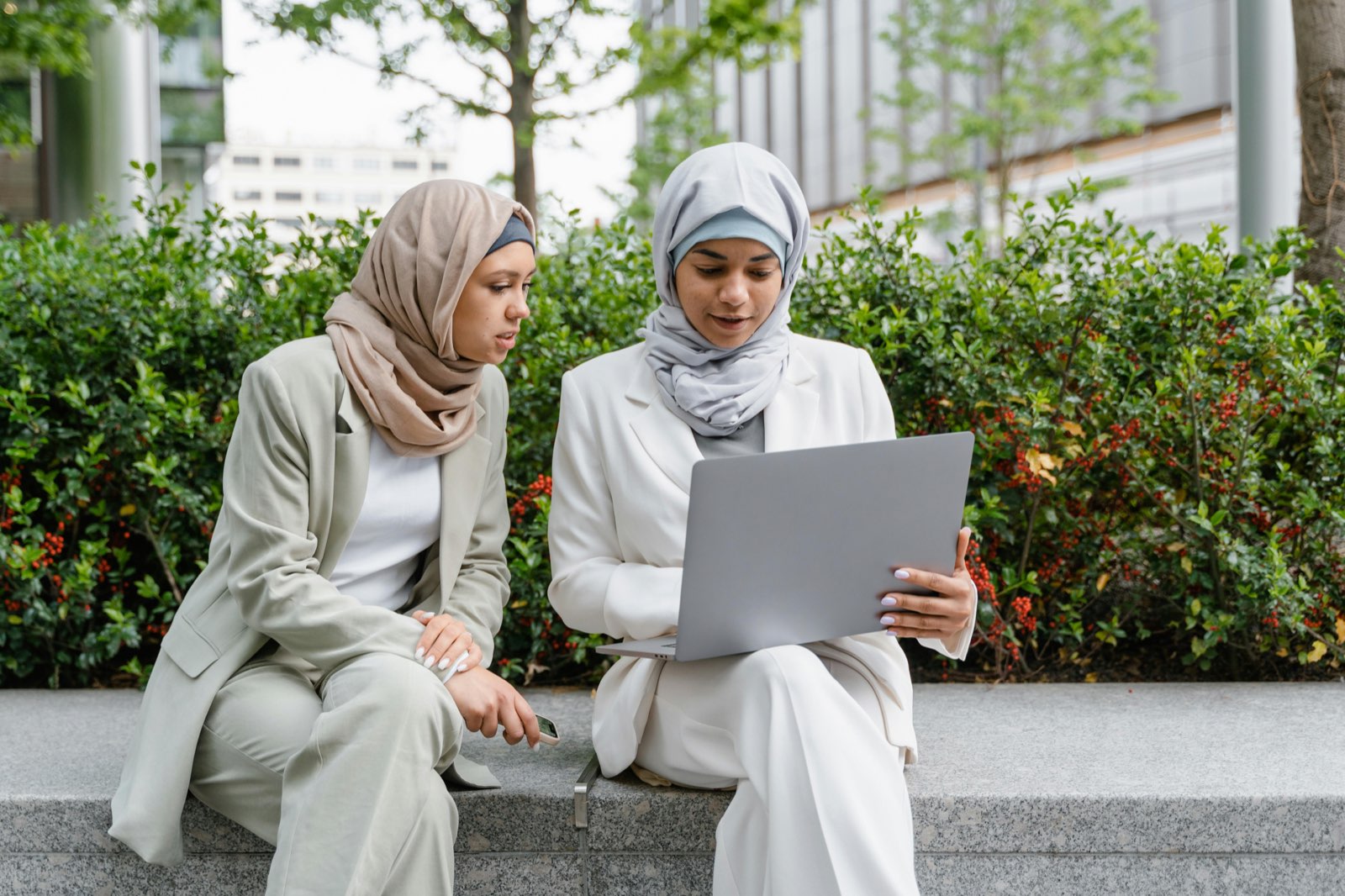Muslim Wedding Traditions: Blending Culture and Sunnah
Muslim weddings around the world showcase the beautiful diversity of Islamic cultures while maintaining the core principles of modesty, family involvement, and spiritual celebration. From Morocco to Malaysia, Indonesia to Iran, Muslim weddings reflect both local traditions and universal Islamic values.
The Essence of Islamic Wedding Celebrations
The Prophet Muhammad (peace be upon him) described marriage as "half of faith" and encouraged Muslims to celebrate weddings with joy and generosity. Islamic weddings are not just personal celebrations but community events that bring families and friends together in happiness and prayer.
The key elements of Islamic weddings include the Nikah ceremony, Walima feast, and various cultural traditions that vary by region. Each tradition carries deep meaning and serves to honor the couple, their families, and the Islamic values they represent.
The Nikah: The Sacred Contract
At the heart of every Muslim wedding is the Nikah ceremony, where the marriage contract is formalized. This sacred moment involves:
- Marriage proposal: Formal request from the groom (or his representative)
- Acceptance: The bride's consent, given willingly and joyfully
- Mahr agreement: Dowry or gift from groom to bride, symbolizing commitment
- Witnesses: Two Muslim witnesses to validate the contract
- Imam or officiant: Islamic scholar who conducts the ceremony
The Nikah ceremony emphasizes the bride's consent and the couple's mutual agreement, reflecting Islam's emphasis on free will and partnership in marriage.
Cultural Wedding Traditions Around the World
Muslim weddings incorporate beautiful cultural elements from diverse regions:
South Asian Muslim Weddings
In Pakistan, India, and Bangladesh, weddings often feature elaborate ceremonies including Mehndi nights, Baraat processions, and multi-day celebrations. The bride wears red bridal attire symbolizing prosperity, and guests participate in traditional dances and music.
Middle Eastern Elegance
Saudi and Emirati weddings emphasize generosity and hospitality. The Zaffa procession welcomes the groom with traditional music and dance. Weddings often take place in beautifully decorated halls with elaborate floral arrangements and traditional Arabic calligraphy.
Mediterranean Muslim Celebrations
In Turkey and Morocco, weddings blend Islamic traditions with local customs. Turkish weddings feature traditional henna nights and elaborate celebrations, while Moroccan weddings incorporate beautiful tilework decorations and traditional music.
Southeast Asian Muslim Weddings
Indonesian and Malaysian weddings showcase Malay culture with traditional costumes, gamelan music, and community involvement. The Pengantin ceremony features the bride and groom in elaborate traditional attire, surrounded by family and well-wishers.
Following the Sunnah in Wedding Celebrations
While cultural traditions add beauty and joy to weddings, Muslims also incorporate Sunnah practices to ensure their celebrations align with Islamic teachings:
- Simple and modest: The Prophet encouraged modest celebrations without extravagance
- Include the poor: Inviting less fortunate community members brings blessings
- Avoid musical instruments: Some scholars recommend avoiding musical instruments during celebrations
- Prayer and Quran: Incorporating Islamic recitations and prayers throughout the celebration
The Walima Feast: Community Celebration
The Walima is the wedding feast hosted by the groom's family. This meal serves multiple purposes:
- Community building: Bringing together family and friends
- Public announcement: Officially announcing the marriage
- Charitable act: Providing food to guests, including those in need
- Celebration of union: Joyful gathering to celebrate the couple's happiness
Modern Muslim Wedding Planning
Today's Muslim couples often blend traditional elements with contemporary preferences. Many choose destination weddings, smaller intimate celebrations, or incorporate personal touches while maintaining Islamic principles.
Technology has also transformed wedding planning, with couples using apps to organize events, create digital invitations, and share memories with guests around the world.
Spiritual Preparation for Married Life
The wedding day marks the beginning of a spiritual journey together. Many couples incorporate Islamic elements to bless their union:
- Dua for marriage: Special prayers for a blessed and happy marriage
- Quran recitation: Verses about marriage and family during the ceremony
- Islamic counseling: Pre-marital counseling based on Islamic teachings
- Spiritual gifts: Presents that encourage Islamic practice and growth
Cultural Sensitivity and Inclusivity
As Muslim communities become more diverse, weddings increasingly reflect multicultural backgrounds. Couples from different ethnicities find creative ways to honor both families' traditions while creating new, blended celebrations that reflect their unique journey.
This cultural fusion creates beautiful, inclusive celebrations that honor Islamic principles while celebrating the diversity within the Muslim Ummah.
Planning Your Dream Muslim Wedding
Your wedding should reflect your values, culture, and personality while honoring Islamic principles. Whether you prefer a grand celebration or an intimate gathering, the most important elements are the sincerity of your commitment and the joy you share with loved ones.
Remember that the true beauty of a Muslim wedding lies not in its grandeur, but in the love, faith, and community it brings together. May Allah bless all Muslim couples with weddings filled with joy, blessings, and lifelong happiness.



